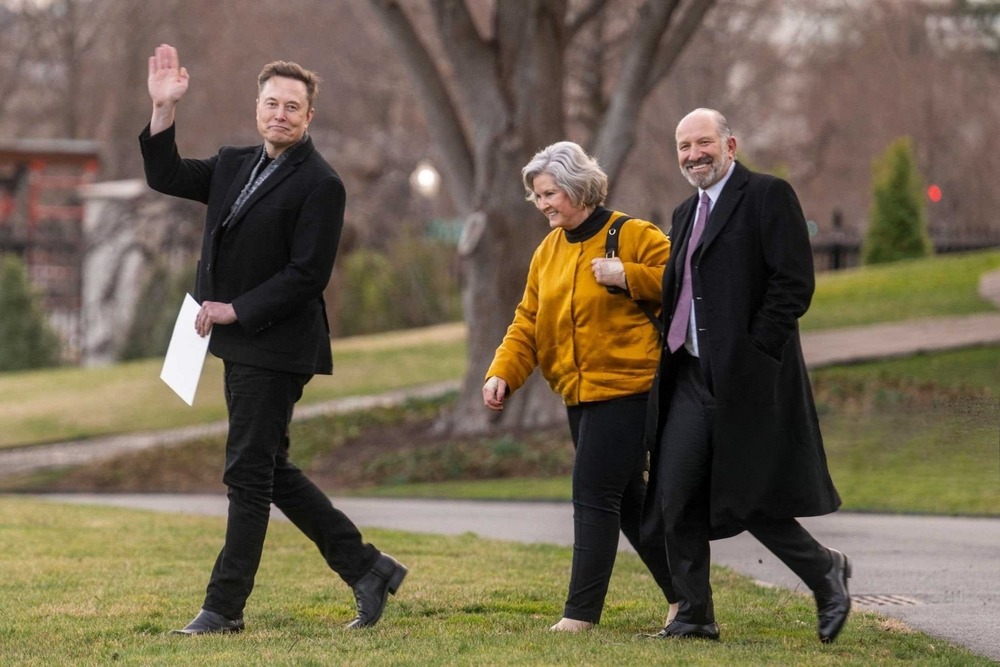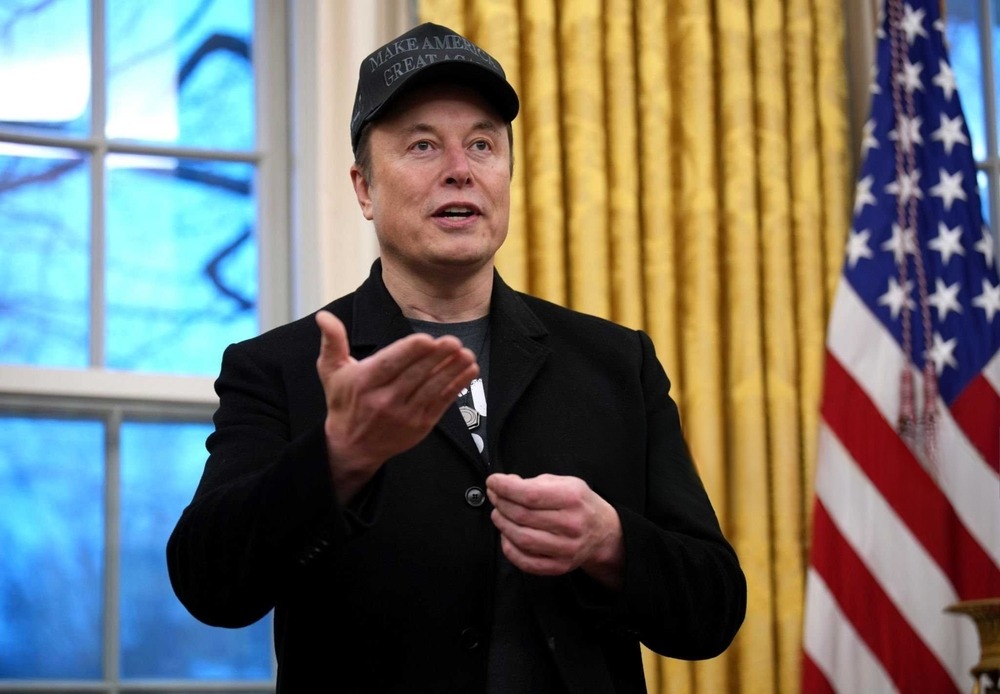Elon Musk Cuts Political Spending After Reputation and Business Fallout.
Billionaire Elon Musk has announced plans to sharply reduce his political spending, marking a significant retreat after his disruptive involvement in the 2024 election cycle, where he was one of the largest donors to President Donald Trump’s campaign. Yet, despite the massive sums spent and the public spectacle, Musk’s political foray seems to have left his reputation and businesses worse off — and for little to no tangible gain.
Musk revealed at an economic conference in Qatar that he intends to do “a lot less” political spending going forward, a far cry from the more than $250 million (£187 million) he poured into supporting Trump. “If I see a reason to do political spending in the future, I will do it,” he said. “I do not currently see a reason.”

This shift follows Musk’s recent decision to step back from leading the White House’s controversial effort to drastically cut federal spending, known as Doge. That initiative, initially touted as a bold plan to slash trillions from the federal budget, failed to deliver meaningful results, and instead became a lightning rod for criticism — damaging Musk’s standing both in Washington and among the public.
RELATED: Musk’s Austin Robotaxi Gamble Looks Like the Latest Flop in His Crumbling Empire.
What’s most striking is how Musk’s political ambitions have clashed with his business interests. Until last year, Musk mostly kept his distance from politics, but his sudden plunge into the political arena unleashed a wave of scrutiny on his sprawling empire, which includes Tesla, SpaceX, and social media platform X. Many raised concerns about conflicts of interest, as his companies held lucrative government contracts even while Musk increasingly inserted himself into policymaking.

The fallout was swift and painful. Tesla faced protests and boycotts linked to Musk’s political moves, particularly his aggressive federal workforce cuts and the Doge team’s privileged access to government information. These controversies appeared to directly impact Tesla’s sales, which faltered as public opinion soured.
Investors and Tesla’s board also voiced growing concerns about Musk’s divided attention, fearing he was distracted from the company that had made him a billionaire. These fears were not unfounded: Tesla’s stock price has been volatile, and even though Musk insists the company is “already turned around,” many question whether the distractions have set the company back.
RELATED: Tesla Denies CEO Replacement Search Amid Musk's Controversies.
Musk’s political influence has also proven limited. Despite backing a candidate for the Wisconsin Supreme Court with over $20 million in donations, the candidate was defeated, underscoring the diminishing returns on Musk’s political investments. Meanwhile, his advice to President Trump on tariffs was ignored, and Doge’s ambitious spending cuts fell far short of the promised trillions in savings.

Defending Doge’s lackluster impact, Musk described the group as “simply the adviser,” claiming, “In that context we are doing very well.” But critics say that this is a weak excuse for an initiative that promised sweeping reforms but largely failed to deliver, instead drawing international criticism, including from the UN, for cutting support to crucial programs like HIV/AIDS prevention.
Musk brushed off these concerns and the backlash, which included violent attacks on Tesla vehicles, saying he took it “personally.” But when asked if he had regrets about his political activities, he simply replied, “I did what needed to be done.” The stubbornness of this stance does little to repair the reputational damage he has incurred.
RELATED: Elon Musk Steps Back from DOGE: A Vanity Project Unmasked?
Even Musk’s assertion that Tesla is thriving outside Europe and that “we see no problem with demand” rings hollow to many analysts who see a company still navigating turbulence from its founder’s political distractions.

In the same interview, Musk was pressed on whether his continued leadership at Tesla hinged on pay, especially after a federal judge twice rejected his record-breaking compensation plan. Musk dismissed this notion, stating, “It’s not a money thing. It’s a reasonable control thing.” Yet, the insistence on control amid eroding public goodwill and investor confidence raises questions about the company’s future under his stewardship.
In the end, Musk’s foray into politics and government spending reform appears to have come at a high cost — damaging his public image, unsettling his businesses, and failing to yield the political or fiscal victories he promised. For all the spectacle and billions spent, it increasingly looks like the whole exercise was for nothing.














